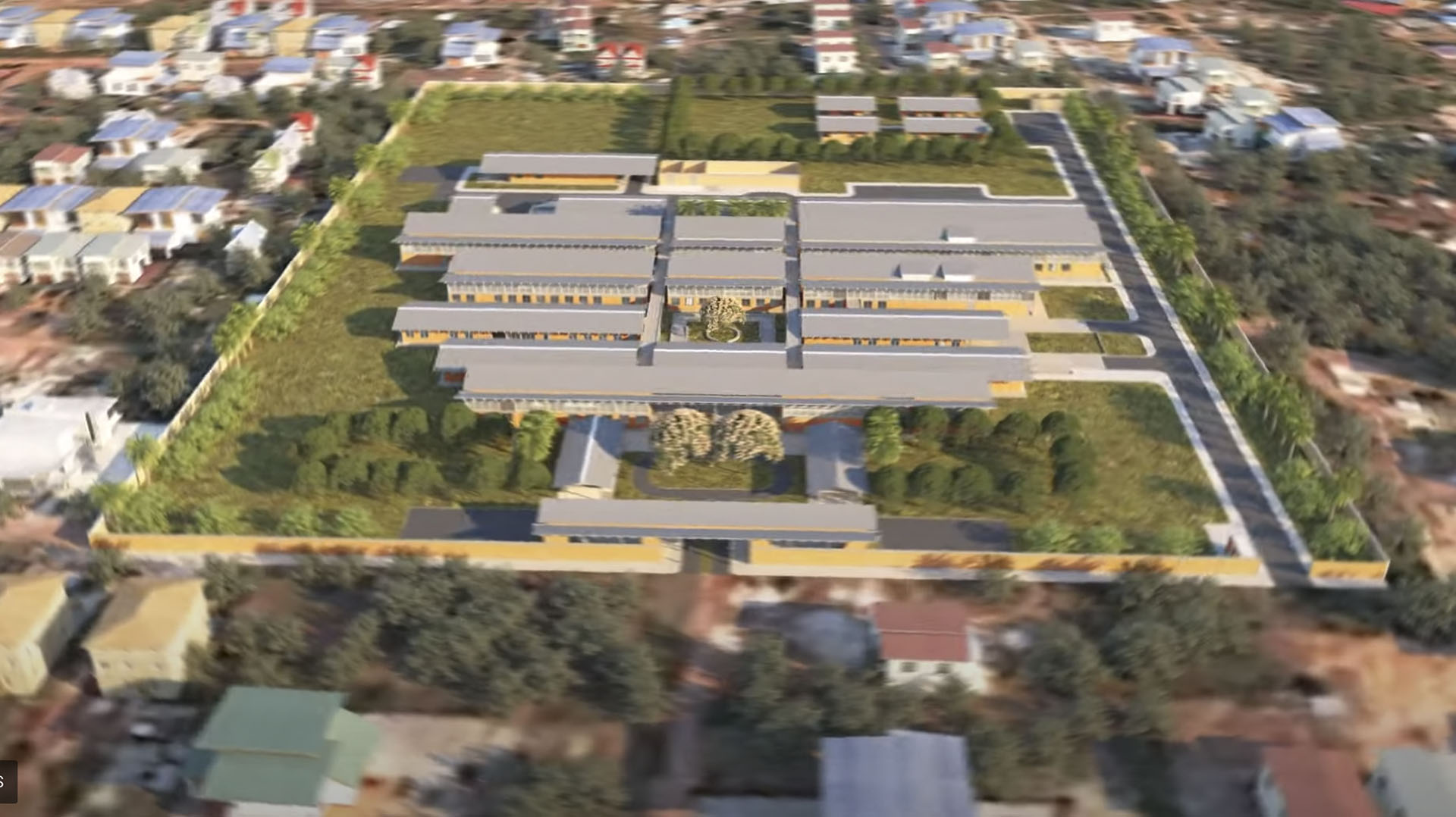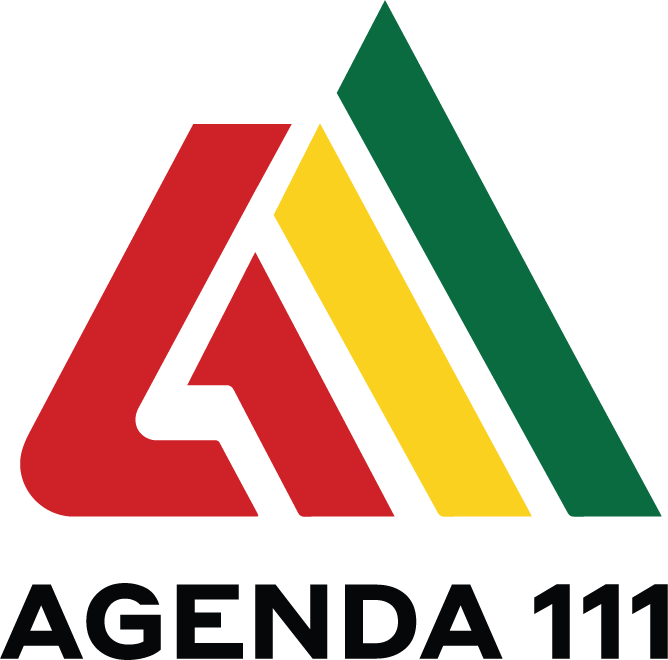The suspension of 175 health infrastructure projects under Ghana’s ambitious Agenda 111 initiative has sparked widespread concern, raising questions about transparency, accountability, and the future of healthcare delivery in the country. According to a report by the Auditor-General, in collaboration with PricewaterhouseCoopers (PwC) and Ernst & Young (EY), projects valued at GH¢685,850,934.20 have been halted pending validation of financial claims. This development has placed communities across nearly every region of Ghana in a state of uncertainty, as hospitals and medical facilities they were promised remain unfinished.
The Auditor-General, Johnson Akuamoah Asiedu, explained that the audit was part of efforts to sanitize the public financial system and prevent illegitimate payments. He stated, “This exercise is to ascertain the legitimacy of the claims and BTAs before committing to pay them.” His words highlight the government’s determination to ensure that public funds are not misused, but they also reveal the scale of the problem: hundreds of millions of cedis in claims that may or may not be legitimate. Contractors, suppliers, and implementing agencies were all engaged in the validation process, which began in May 2025 and ended in October 2025.
The suspended projects include district and regional hospitals, psychiatric facilities, and specialized medical centers—core components of the Agenda 111 programme launched in 2021 to improve access to quality healthcare. Some of the high-value projects under review are striking examples of the scale of investment.
For instance, the construction of a regional psychiatric hospital in Kumasi by Kodrill Resources Ltd is valued at GH¢13.2 million, while Lifecare Technology and Rikair Company Ltd submitted claims of GH¢31.5 million and GH¢35.1 million respectively for the supply and installation of medical gas systems. District hospital projects in Ningo-Prampram, Kwahu Afram Plains, Wa East, and Atwima Mponua, each valued between GH¢5 million and GH¢10 million, remain unvalidated. In the Western Region, CRCEG Ghana Ltd’s GH¢7.4 million claim for the construction of the Mpohor District Hospital is still pending, while in the Ashanti Region, multiple contractors such as Antgya Ghana Ltd, Okwahou Logistics & Construction Ltd, and Reliance Logistics & Construction Ltd have unresolved claims for hospitals in Nyinahin, Trede, and Atwima Mponua.
The report makes clear that all pending claims must be justified by November 7, 2025, after which any unverified commitments will be permanently expunged from the government’s arrears and commitments register. This means contractors risk forfeiting payment if documentation and physical verification do not support their claims.

“ This publication grants you the opportunity to contest or query the details published by submitting justifications, including all relevant documentation, through the implementing Ministries, Departments, and Agencies to the Ghana Audit Service for final validation ”
Johnson Akuamoah Asiedu
This statement reflects the seriousness of the process and the government’s intent to enforce accountability. The Agenda 111 initiative was heralded as a transformational step toward equitable healthcare delivery. It aimed to construct 101 district hospitals, seven regional hospitals, two psychiatric hospitals, and redevelop the Accra Psychiatric Hospital. Yet delays and funding concerns have persistently dogged its progress. Public reaction to the suspension of the 175 projects has been one of growing concern, particularly among communities expecting new hospitals.
A civil society budget analyst, speaking to The Chronicle, remarked, “When hundreds of millions of cedis worth of health projects are suspended over validation issues, it shows weak coordination and poor transparency in public infrastructure management. We must ensure these projects don’t become abandoned sites.” This observation captures the fear that the suspension could lead to permanent abandonment, leaving communities without the facilities they desperately need.
The Public Accounts Committee (PAC) of Parliament is expected to scrutinize the report, inviting the Ministry of Health and Ministry of Finance to provide clarifications on the suspended Agenda 111 payments. Meanwhile, contractors affected by the pending validation have been urged to provide all necessary documentation to facilitate speedy resolution and continuation of the projects. If validated, the GH¢685.8 million could represent a major release for Ghana’s health infrastructure, but until then, the fate of the projects and the communities that desperately need them remains uncertain.
The suspension of these projects raises broader questions about governance and accountability in Ghana’s public sector. The fact that such a large sum of money is tied up in disputed claims suggests systemic weaknesses in procurement oversight and project monitoring. The civil society analyst’s warning about abandoned sites is not unfounded; Ghana has a history of stalled projects that remain unfinished for years, wasting resources and eroding public trust. The validation exercise, while necessary, must therefore be conducted with urgency and transparency to avoid compounding the problem.

At its core, the Agenda 111 initiative was about equity—ensuring that every district in Ghana had access to quality healthcare facilities. The suspension of projects threatens that vision, particularly in rural and underserved districts where hospitals are most needed. Communities in places like Wa East, Kwahu Afram Plains, and South Dayi may now face prolonged delays in accessing healthcare, exacerbating existing inequalities. The suspension also risks undermining public confidence in government promises, as citizens may begin to doubt whether the facilities will ever be completed.
The government’s insistence on validation is commendable, but it must balance accountability with urgency. As the Auditor-General noted, the exercise is designed to “prevent wrongful payments and ensure that public funds are spent responsibly.” Yet responsible spending must also mean ensuring that projects are completed and communities receive the services they were promised. The challenge lies in striking that balance—protecting public funds while delivering on commitments.
In conclusion, the suspension of GH¢685.8 million worth of Agenda 111 projects is a sobering reminder of the complexities of public infrastructure management. It highlights the importance of transparency, accountability, and effective oversight, but it also underscores the human cost of delays. Hospitals are not just buildings; they are lifelines for communities. The fate of these 175 projects will determine whether Ghana moves closer to equitable healthcare delivery or whether the promise of Agenda 111 becomes another unfulfilled ambition. As one stakeholder aptly put it, “We must ensure these projects don’t become abandoned sites.” The future of healthcare in Ghana depends on it.
Source: GH¢685.8m Agenda 111 Projects Suspended Pending Validation – The Ghanaian Chronicle



